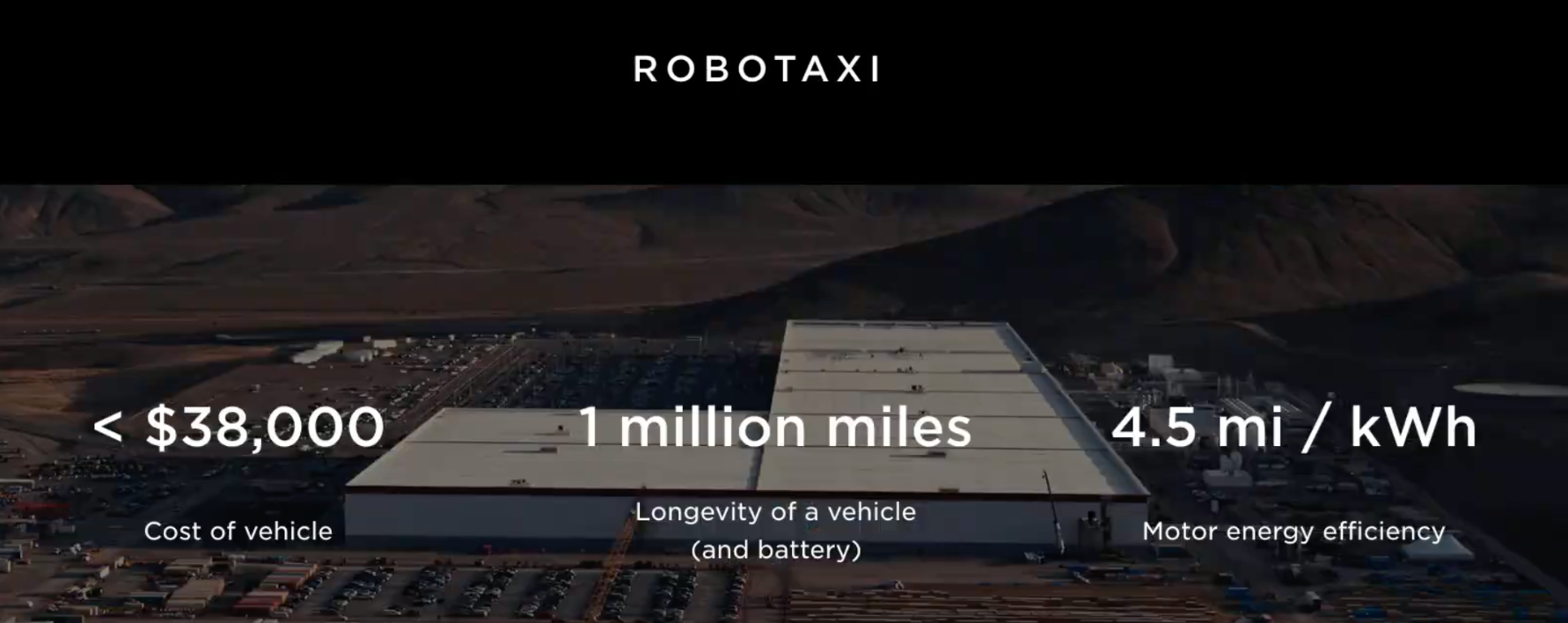Sign up for daily news updates from CleanTechnica on email. Or follow us on Google News!
A recent article I read at The Autopian sheds some important light on a controversial decision some automakers have been making: to ditch Android Auto and Apple CarPlay. A few months ago, word from GM was that flaky connections between cars and vehicles was to blame for this, but this problem is compounded by something Apple appears to have been demanding.
The Buggy Connection Issue Is Legitimate
Before I get into the latest news on this, I do want to point out that unreliable connections is a legitimate problem GM vehicle owners have been facing. Personally, my Bolt has been particularly bad about wireless Android Auto, with connections randomly dropping. This proved to a big hassle on longer drives where I wanted to log vehicle data or use Waze on the highway, so I started having to use a cable on trips and use the vehicle’s wifi for phone data to maximize reliability.
It’s fairly reliable on a wired connection, but the whole point of having the wireless connection is to be able to just get in and out of the car without needing to bother with connecting a cable. So, the idea of having better software built into the vehicle that only does basic Bluetooth stuff with your phone is probably the better one.
GM and other non-Tesla manufacturers have mostly had terrible vehicle software so far, though. The only thing that makes my Bolt EUV tolerable in that department is access to Android Auto, as it gives me all of the things the car should probably have had in the beginning. So, the question of whether this bold strategy of ditching Android Auto and CarPlay for GM software is really going to boil down to whether they can get it right.
If GM (and anyone else ditching AA and CarPlay) can make great in-vehicle software with access to everyone’s favorite apps, it’ll be great. But, if these companies botch the software, it’s going to be an ignominious defeat.
Another Thing That’s Discouraging Automakers Away From Allowing CarPlay
As annoying as a buggy connection to a phone can be, at least it’s limited to the infotainment display. I can usually continue Bluetooth music at least, or find something else to listen to in the awful GM software until I get a chance to reset the car at the next stop. Not having access to Waze in unfamiliar areas sucks, but I usually know where the next stop is already. Having my wife plug the phone in solves it, so it’s no biggie in the grand scheme of things.
But, what if the speedometer were affected by such a buggy connection? Or, the range guess-o-meter? What if your whole gauge cluster went blank, displaying a message telling you that the connection to Android Auto or CarPlay was lost? Not being able to read key information leaves it easy to speed right past a cop or get yourself stranded.
Sadly, according to the US DOJ, this was something Apple was fixing to subject us to. According to a legal filing, “…Apple has told automakers that the next generation of Apple CarPlay will take over all of the screens, sensors, and gauges in a car, forcing users to experience driving as an iPhone-centric experience if they want to use any of the features provided by CarPlay.”
While this would undoubtedly be somewhat cool, especially if you love the way Apple does things, this would be a big problem if your whole car lost connection to your phone and froze up or something. If we’re lucky, such an error would revert the vehicle back to its stock interface. If we’re most unlucky, a bug could lead to things like inaccurate speedometer and range information that could get you stranded or pulled over. For ICE vehicles, losing access or getting inaccurate information on something like oil pressure could be a very costly problem.
It’s also something that isn’t making Uncle Sam very happy. Apple says the goal is to provide drivers with a seamless and consistent experience across all automotive displays, but the DOJ’s lawyers are saying that it’s a monopolistic move that violates antitrust laws. By making everyone use Apple end-to-end, automakers’ own software efforts as well as efforts by phone competitors could be squeezed out.
This is just one aspect of the larger antitrust case against Apple. DOJ also claims that the company has unlawfully monopolized the whole mobile phone market. One big example the government gave was the use of iMessage and the lack of iMessage-compatible apps on other devices. This degrades the user experience for people using iPhones communicating with Android or other devices, and vice versa. Other things, like contracts with developers, streaming access, digital payment access, the app store, and other things are all used as examples of how the company works to “extract more money from consumers, developers, content creators, artists, publishers, small businesses, and merchants, among others.”
Apple, of course, denies that any of this was aimed at building or maintaining a monopoly. The company called the lawsuit “wrong on the facts and the law” and the company says that its lawyers “will vigorously defend against it.”
It’s an older meme, but it checks out. (Fair Use)
For younger people, the idea that Apple is a monopoly probably doesn’t seem ironic at all, but those of us who remember the 1990s know that Apple almost died. In 2001, the Department of Justice accused Microsoft of monopolizing the web browser market by leveraging its dominant position in the computer marketplace. The resulting settlement meant Microsoft would back down on forcing people to use Internet Explorer, but we’ve seen the company try to get people to use Bing or whatever browser the company includes in shady ways as recently as this year.
Beyond the browser, the company was known for buying out competitors and allies alike, leading to accusations of being like the Borg in Star Trek. This idea was also mocked in The Simpsons:
As dominant as Microsoft was, facing other antitrust litigation meant that the company couldn’t afford for the competition to go away entirely. In the late 1990s, Microsoft even bailed Apple out to keep the company and thus competition alive. But now, over two decades later, Apple is in a similar position in the smartphone market, and is facing its own antitrust lawsuits.
So, as they say in Peter Pan, all of this has happened before, and it will probably happen again.
Featured image by Apple.
Have a tip for CleanTechnica? Want to advertise? Want to suggest a guest for our CleanTech Talk podcast? Contact us here.
Latest CleanTechnica TV Video
CleanTechnica uses affiliate links. See our policy here.





